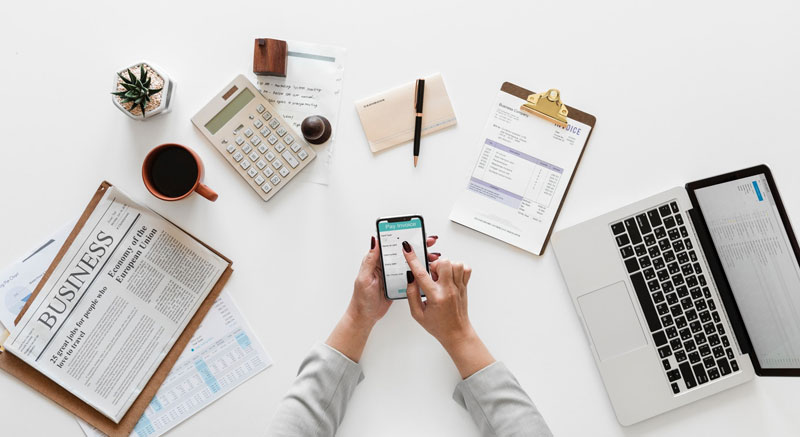
Small business owners often struggle with knowing when it’s the right time to make that next big purchase for their company. Sometimes, the entrepreneur’s hand is forced when a vital piece of equipment is broken beyond repair.
However, regardless of if the purchase was planned or unexpected, it should always be viewed as an investment in the company – one that is well thought out, well researched and well timed. To ensure companies know when the time is right, Lucrum has compiled the following tips to guide business owners through the process and help them develop a purchasing plan of action that will yield results.
Know Your Cash Flow and Plan Ahead
The best way to tackle a large expense is to always plan ahead. Small businesses typically don’t have a lot of wiggle room in their budget; therefore, it’s important to get the large purchase right the first time. Going over budget for some companies is just not an option. So to get started, analyze the business’s financial history. Look for patterns in expenses and income. See a sweet spot in the business’s cash flow? That’s when the large purchase should be made. It may be eight weeks or eight months from now but regardless, target that period of time. This also gives time to build the business around that new asset, especially if it gives additional capacity or opens a new line of business/service that might not have been offered before.
Shop Around
Business ownership doesn’t differ that much from being a homeowner. If something big breaks – the furnace, roof, or water heater – owners contact a number of contractors for bids. Don’t be afraid to shop around. Talk to suppliers and vendors and compare prices. Business owners who do their homework ahead of time and know the numbers are able to better budget for the large purchase and not put the company’s cash flow at risk. They can also get a better deal on the item they want if they know what the competitor’s product offers, both from a features and price standpoint.
Review the Time of Year
A lot of businesses run end of the month or year-end specials. Take advantage of these deals, as that’s when prices are best. A particular season may be a good time to buy as well. For example, the automotive industry is notorious for running promos in the late fall when they are trying to turn over their inventory in preparation for the release of new production year vehicles. Take a look at the calendar and try to sync up any upcoming large purchases with these special times of the year. Conducting the research ahead of time can result in significant cost savings.
Talk to an Accountant
During times of indecision, accountants are fantastic resources to call. They are usually “in the know” with regards to the business’s numbers and can help entrepreneurs determine if there is a tax benefit to buying a piece of equipment now or deferring until the following year. One Lucrum client was considering purchasing a several hundred thousand dollar piece of equipment but postponed those plans after the Lucrum team worked with the CPA to determine that there would be little to no tax benefit as a result. Hearing that, the client decided it was better to focus on using his existing equipment more efficiently and save the profits to build reserves. Note: it’s never a good idea to buy equipment just to save taxes; but evaluating the tax benefit is always a good option and helps buyers educate themselves. Remember: the sales rep is always going to tout all the benefits he can think of, regardless if they apply to your specific situation.
Need assistance with knowing when and how to make a large purchase for your business? Let the Lucrum Consulting team help. Call us at 704.927.0462 and we’ll take a close look at your company’s records to ensure you’re making a smart investment for your business.



